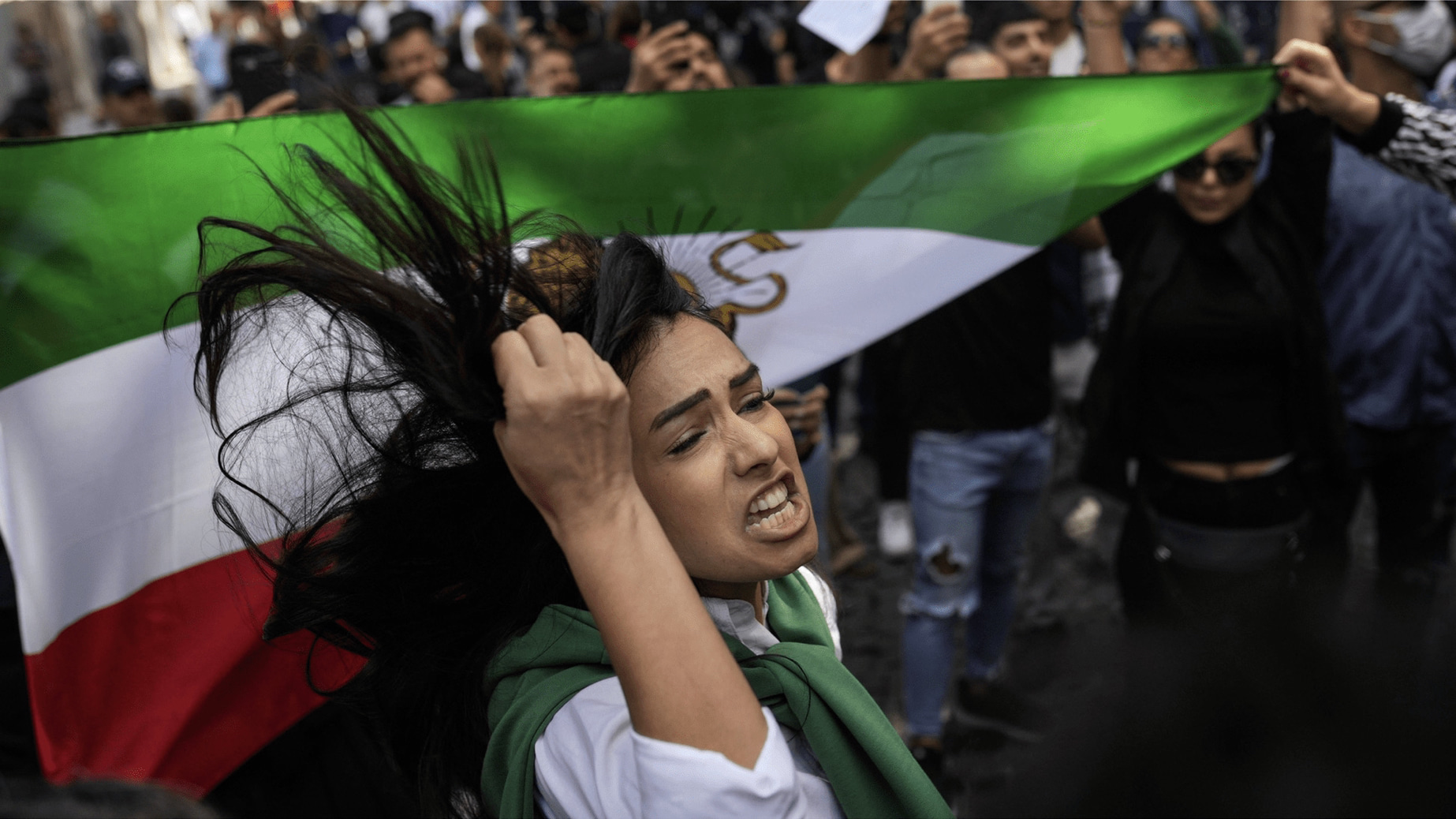
In Iran, feminist demands are at the root of the popular mobilisation against the Mullahs’ regime. By removing or burning their veils in public, Iranian women are showing their opposition to an ageing and worn-out theocracy. As the first victims of oppression, they know better than anyone the extent to which the Islamic Republic has made this object one of its ideological pillars, relegating women de facto to the rank of inferior beings.

Western confidential notes report an increase in the number of defections of Iranian officers, who use missions abroad to desert.

Abolfazl Bahrampour is a prominent mullah familiar with the sets of the pro-Iranian Regime TV channels. He enjoys an undisputed notoriety throughout the Shiite world, as he is the author of a famous volume of the Tafsir (interpretation of the Koran). This is why the regime chose him to launch a fatwa ordering the excommunication of demonstrators who participate in the protest movements that are shaking the country, considering them as “mouharibeh” (fighters against the will of Allah).

The new Iranian ambassador in Paris, Bahram Ghassenmi, has received the largest budget allocation from the Iranian Ministry of Foreign Affairs. Tehran intends to make its embassy in France the spearhead of its diplomacy in Europe, to counter American hostility.

According to a confidential Western memo, citing Iranian sources, Tehran aims to develop a 2,500 km-range, solid-propelled, two-stage missile called Ashura.

A recent note from the intelligence center linked to the European diplomatic services (EU INTCEN) expresses concern over a new type of repercussions that EU countries could suffer as a result of the tightening of American sanctions against Iran and the risks of an armed conflict with the Islamic Republic.
On March 21, the day of the Iranian New Year, Ayatollah Ali Khamenei , the supreme leader of the revolution, surprised everyone by calling for “unity and national reconstruction.” So we wondered: are US sanctions starting to take effect? The answer is yes, if I believe most observers.
